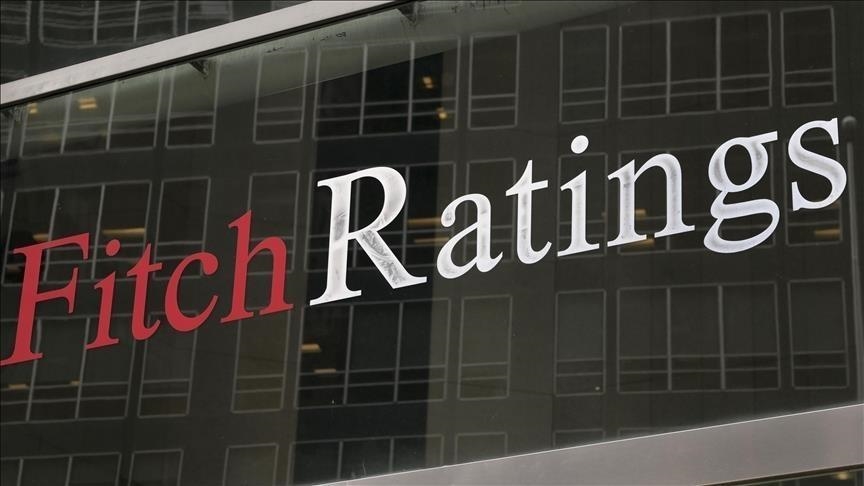ISTANBUL
The US’ inclusion of a broad variety of elements in its evaluation of whether trade ties with trading partners are fair and reciprocal will heighten uncertainty on the magnitude of tariffs, Fitch Ratings said in a report Tuesday.
According to the policy announced last week, the US will assess relations with trading partners, evaluating a range of factors, including reciprocal tariff rates as well as non-tariff barriers such as value-added taxes (VAT), subsidies and burdensome regulations, and exchange rates and wage pressure, according to the report.
US officials would submit alternatives to the president to maintain ties with each trading partner, and the evaluations might be finished by April 1, clearing the path for follow-up trade steps.
The scope of the criteria being reviewed, particularly the addition of VAT, may indicate that the US is considering significantly greater tariff increases for some trading partners than previously believed.
The report claimed that US exporters are already facing high tariffs and some emerging markets, such as India, which has a large trade surplus with the US, could be particularly affected if New Delhi pursues a reciprocal approach to trade relations.
“The difference in tariff rates between emerging markets and the US in their bilateral trade tends to be wider than that for developed markets. However, VAT rates are high in many developed markets in Europe, potentially leaving them vulnerable on that vector, alongside a broader worsening of US-EU relations,” it said.
The US’ aggressive trade policy approach could pose additional challenges for trade agreements that will soon be reviewed or expire.
In Fitch’s December 2024 Global Economic Outlook Report, the effective tariff rate of the US is expected to increase from 2.3% to just below 8%, but the risk of a significant jump in this rate has increased and higher tariffs will put pressure on global growth.

